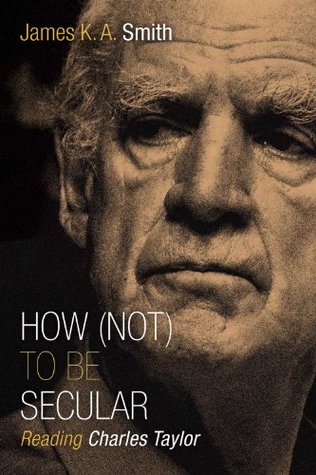The first, and most significant, is an eclipse of what he calls a “further purpose” or a good that “transcends human flourishing.”1 In the premodern, enchanted social imaginary, there was an end for humans that transcended “mundane” flourishing “in this world,” so to speak. As he puts it elsewhere, “For Christians, God wills human flourishing, but ‘thy will be done’ doesn’t reduce to ‘let human beings flourish.’ ”2 In short, both agents and social institutions lived with a sense of a telos that was eternal — a final judgment, the beatific vision, etc. And on Taylor’s accounting, this “higher
...more
Welcome back. Just a moment while we sign you in to your Goodreads account.


